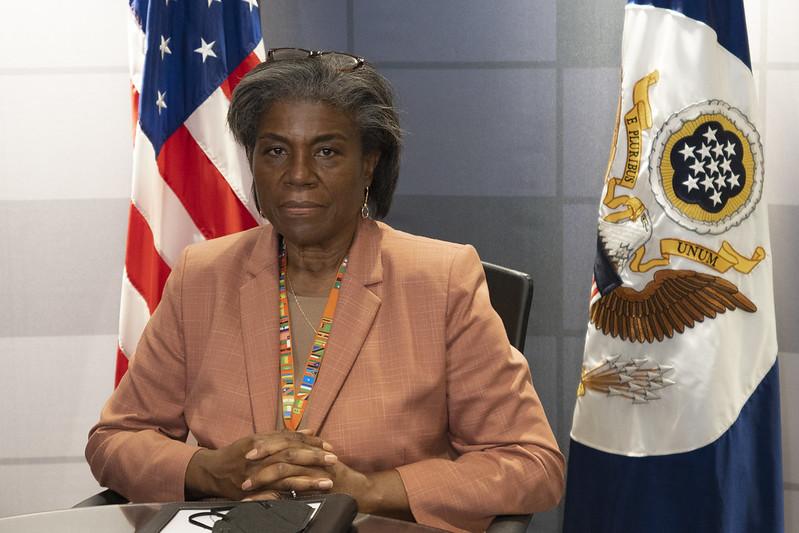Vatican Representative Blocks UN Push For Abortion And Sex Ed
The Holy See questioned late-hour underhanded tactics by the United States.

Delegates erupted in applause when a Holy See diplomat accused Western countries of ganging up to have their way on abortion and other controversial topics at this year’s UN Commission on the Status of Women that ended a week ago.
The intervention on the final night of the commission helped block a controversial eleventh-hour proposal from the U.S. government. The Holy See diplomat expressed the frustration of many delegates at the dishonest tactics of Western countries.
Western countries kept negotiations going on comprehensive sexuality education, abortion-related terms, and homosexual/trans issues deep into the night, well past the deadline for agreement at 6:00 p.m. on Friday. In fact, negotiations went on until 4 a.m. with final statements as the sun rose over the East River in midtown Manhattan.
These are common tactics to break down opposition through a combination of political pressure, tiredness, and discomfort. The idea is to make it so difficult that by the time agreement comes only the most dutiful and tenacious of diplomats are left in the negotiating room.
For many diplomats who came to the United Nations during the COVID-19 pandemic this year’s commission was the first real taste of diplomatic hardball on social issues, but anyone acquainted with past negotiations would have found the situation quite familiar.
Diplomats were forced to negotiate for over forty-eight hours with almost no breaks and barely any food or sleep. They were forced to negotiate and adopt a controversial document without interpreters, who punctually leave negotiations at 6:00 p.m. regardless of the status of the negotiations. And they were forced to do this, in many cases, without adequate time to consult their capital to formulate their positions.
It was after all this had already played out that Australian and U.S. diplomats mounted a late night coordinated offensive to try and force language related to “comprehensive sexuality education” in the annual agreement of the commission. The U.S. and Australia insisted that they were not willing to adopt the agreement without such controversial language.
Then a U.S. delegate made a new proposal about education on “sexual and reproductive health and rights” after 8:00 p.m. as an alternative to “comprehensive sexuality education.” The U.S. kept this proposal up their sleeve until late on the last day to confound the negotiations and make it harder to object.
The frustration in the room reached a boiling point when the Holy See delegate called into question the good faith of the Argentine chairman of the negotiations and the Western countries who supported the Australian and U.S. proposals. Why had the Ambassador of Argentina waited so long to resolve this controversial issue? Why was the U.S. only now making a controversial new proposal? Many others would have spoken but for fear of retaliation from the Biden administration and the European Union.
The Holy See intervention helped ensure that the proposal never gained momentum. Western countries still tried to push for a compromise several hours thereafter, but without success. When the agreement was finally adopted at 4:00 a.m., it did not have the Western language about sex education.
The U.S. delegate could not hide her frustration in the official explanation of position after the agreed conclusions were adopted and said the U.S. was “deeply disappointed.”
Stefano Gennarini J.D. writes for C-FAM.